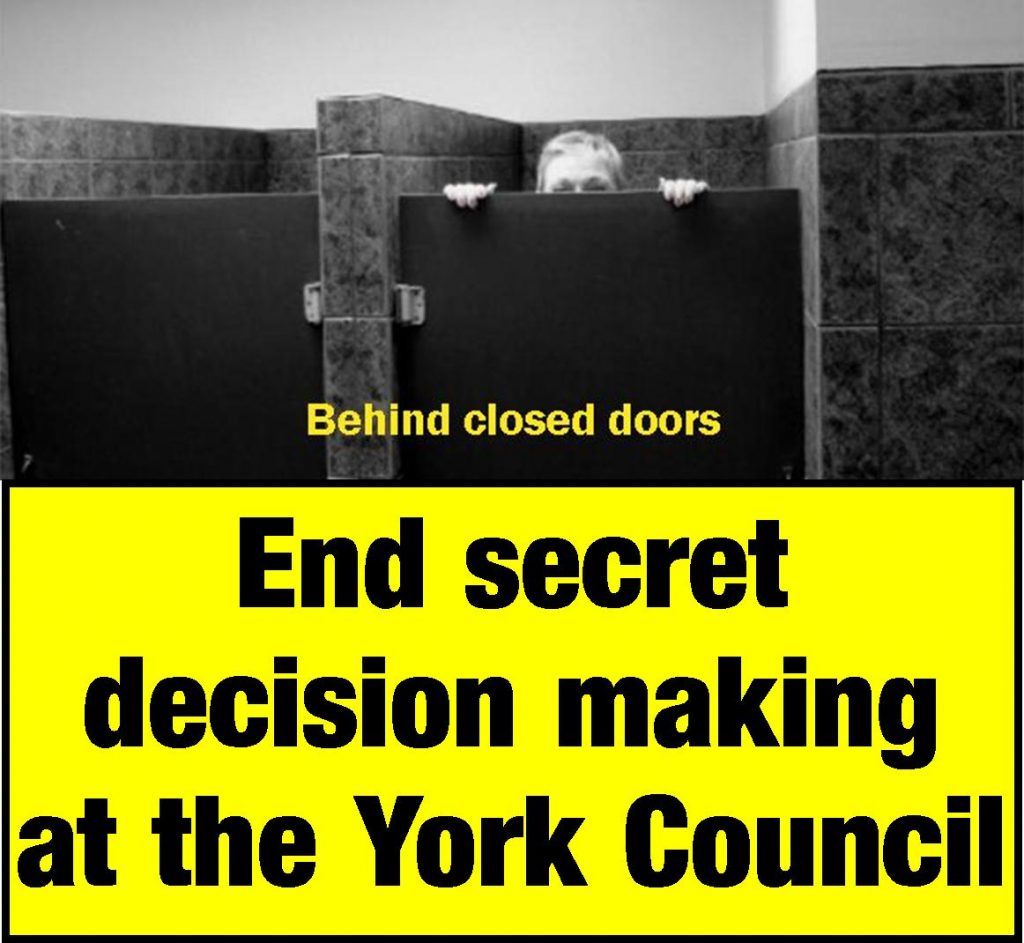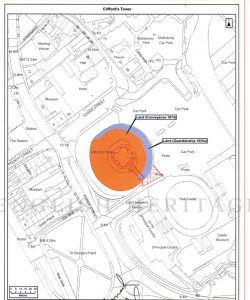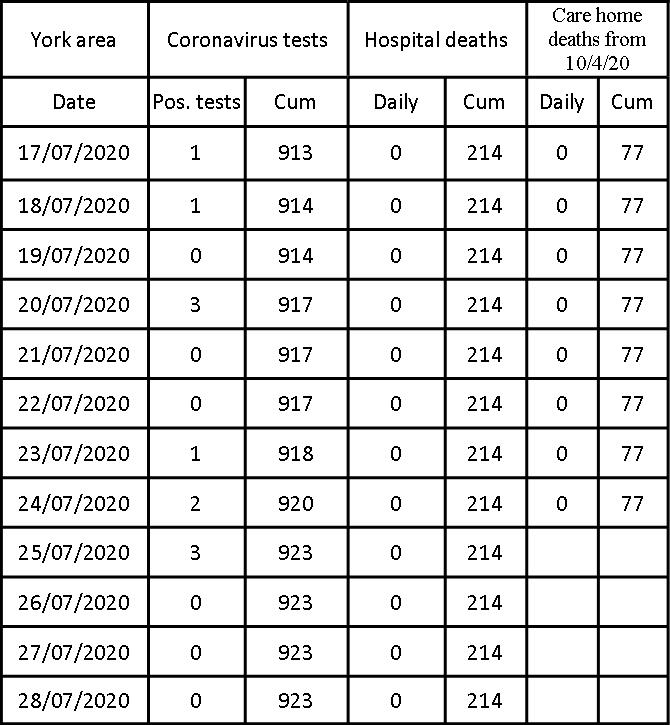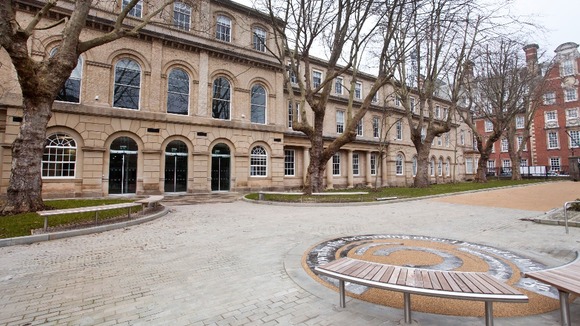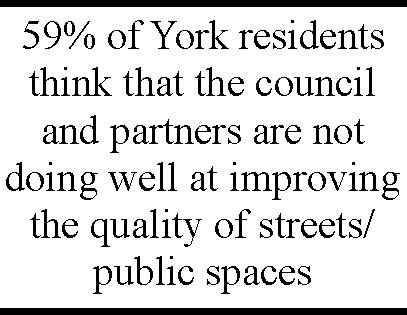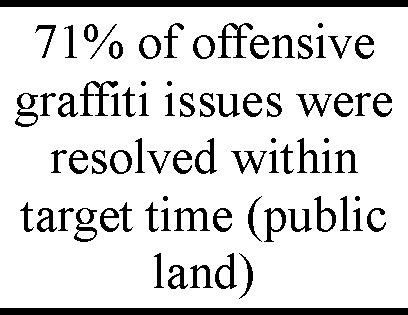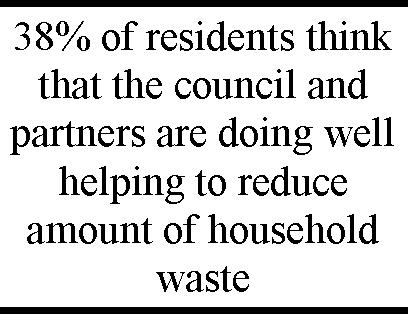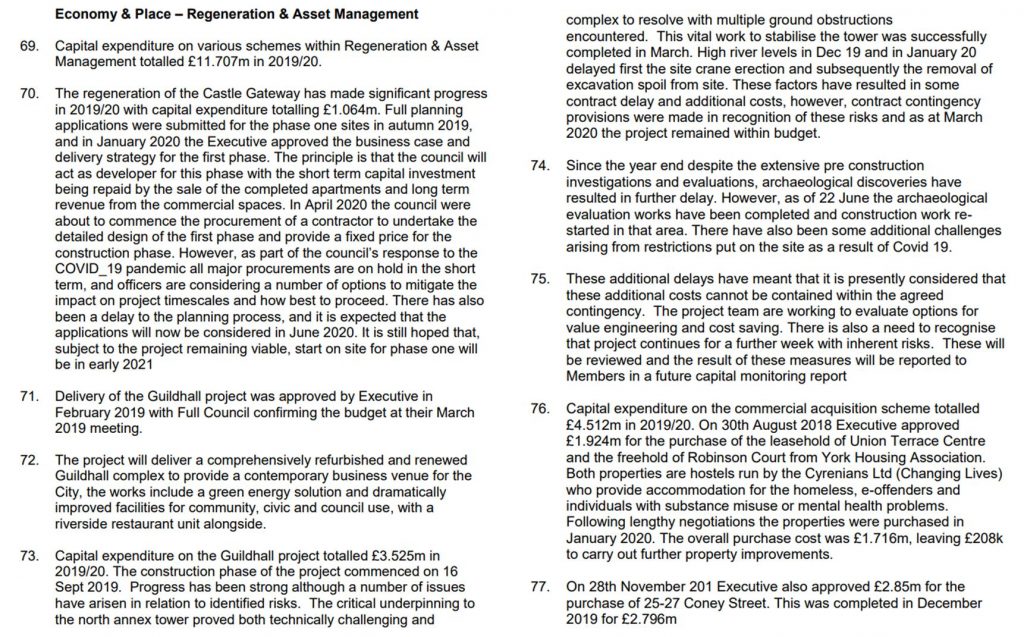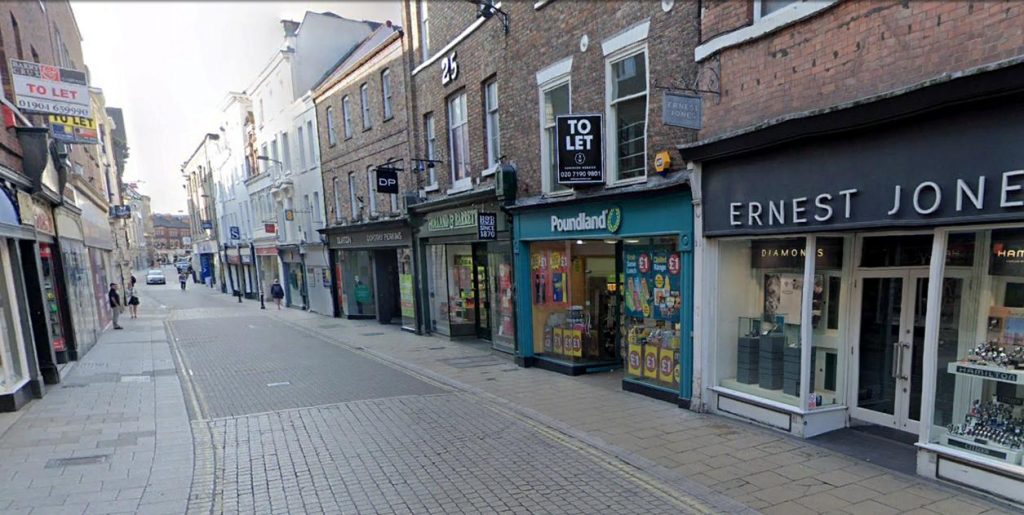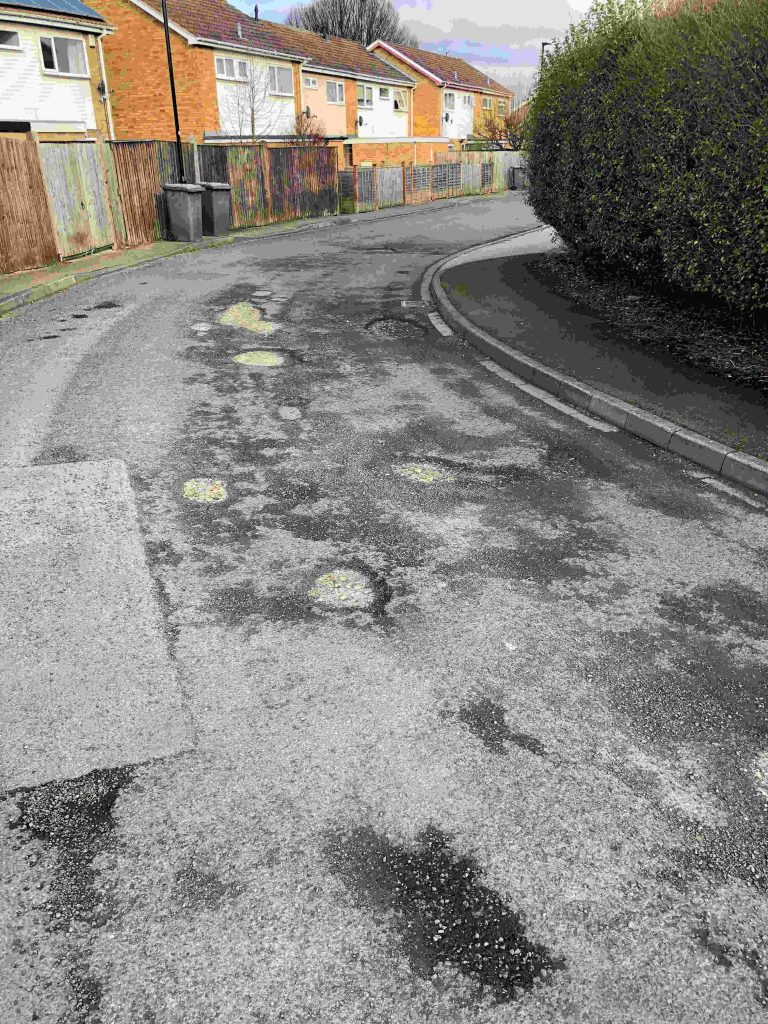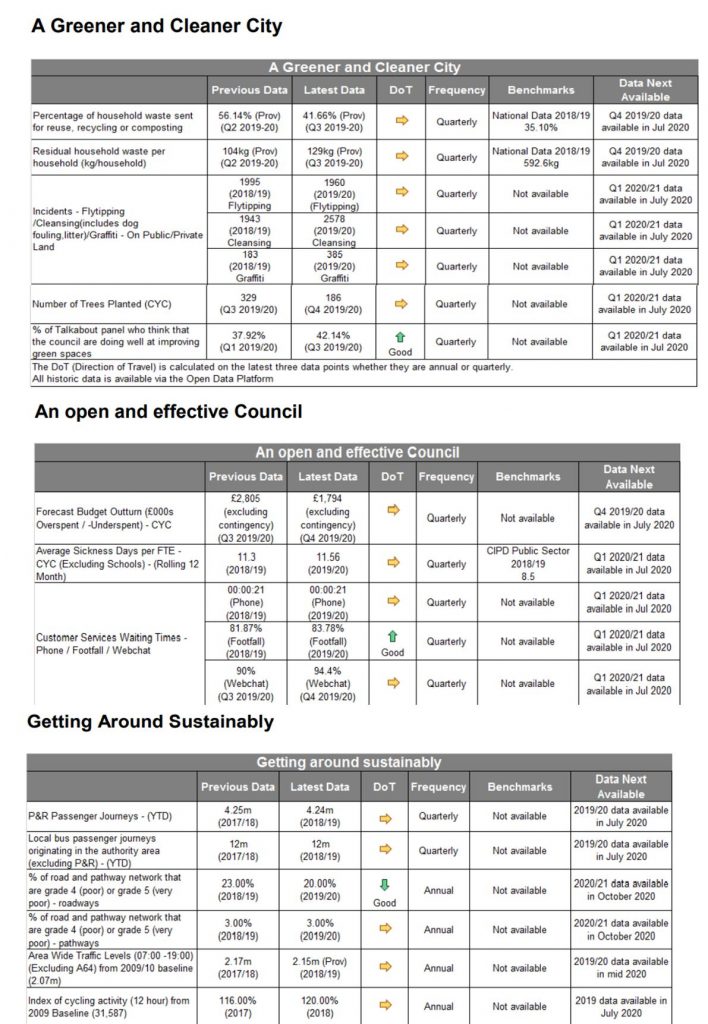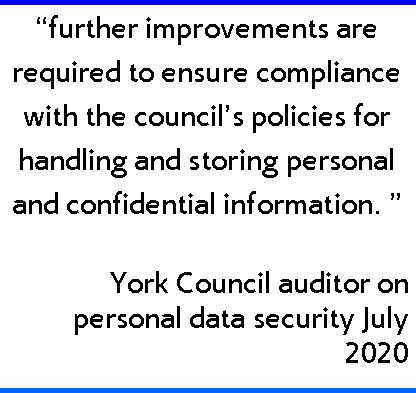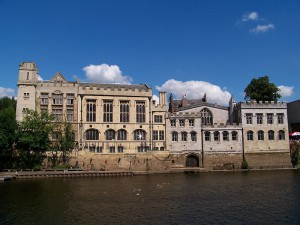
York Guildhall
Yesterday’s announcement that more than £15 million of infrastructure schemes had been secured in North Yorkshire over the next 18 months – with £300,000 of funding going towards the York Guildhall offices project – will have been welcomed by many.
The money comes from the Government’s “Getting Building Fund” which “aims to boost economic recovery from Covid-19”.
According to a Council spokesman, the funding will now be used “for internal fit-out works” on the business club which will occupy much of the building.
That will come as a surprise to those who thought that the agreed £20.18 million budget included all costs. Indeed, the option approved by the Council in February 2019, specifically identified £300,000 for “fixtures, fittings and furniture”.
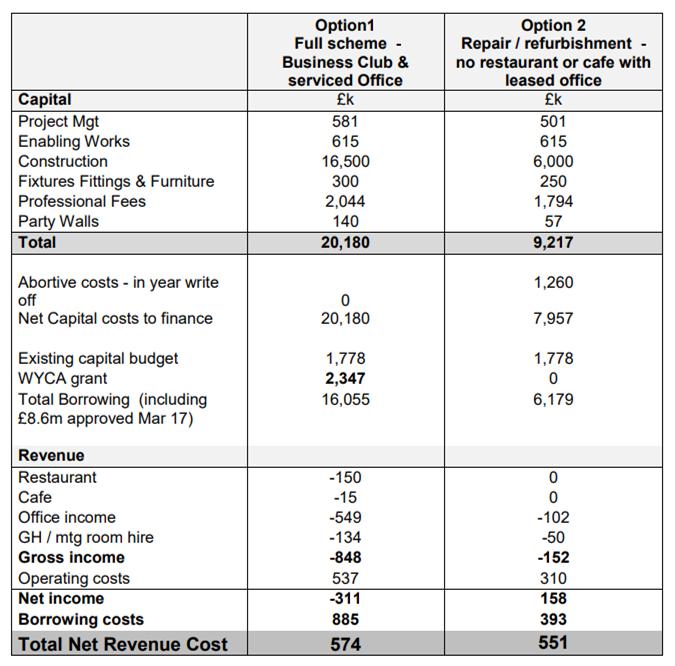
Council report 2019. Option 1 was agreed
It seems that the only change is that this expenditure will now be funded from general taxation.
Even with this subsidy, and assuming that all offices and the on site restaurant, are all occupied, York Council taxpayers still face an annual bill of over £500,000.
An Executive meeting which took place last week was told in an update on the Guildhall project that “additional delays have meant that it is presently considered that these additional costs cannot be contained within the agreed contingency”.
The scale of the over expenditure was not revealed.
The Guildhall is not the only commercial portfolio project to come under scrutiny.
Some independent commentators are sceptical about the timing of the Councils £2.8 million acquisition of 25/27 Coney Street. Rent levels are now dropping and with them property valuations in some high streets. Coney Street is struggling more than most.
Meanwhile large numbers of Council owned properties remain empty and unused.
These include Ashbank (empty for 8 years), 29 Castlegate (3 years), Oakhaven (4 years) and Willow House (4 years 6 months).
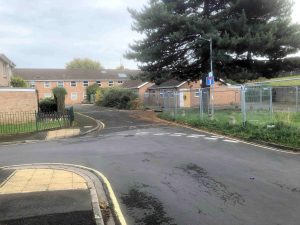
Willow House stands abandoned with no sign of redevelopment work starting.
We now understand that Willow House – which was advertised for sale with Sanderson Weatherall – has been withdrawn from the market. The Council turned down a £3 million offer for the prime site shortly after it became available.
None of these properties are accommodating anyone.
All are incurring maintenance and security costs for taxpayers, while at the same time attracting no Business Rates or rent income.
At a time when local authorities are on their knees financially, poor resource management is a matter of concern.


